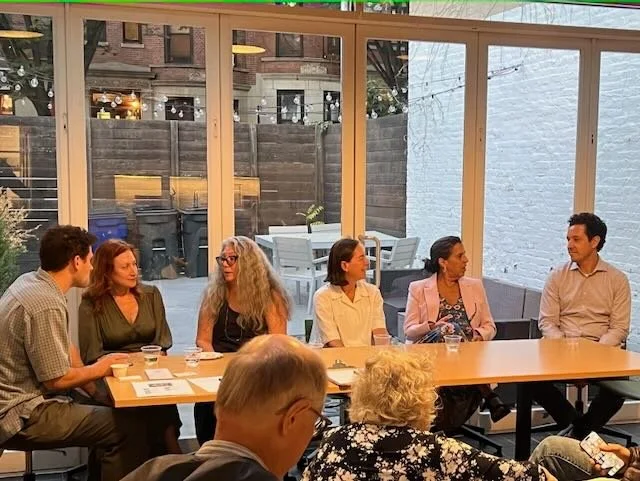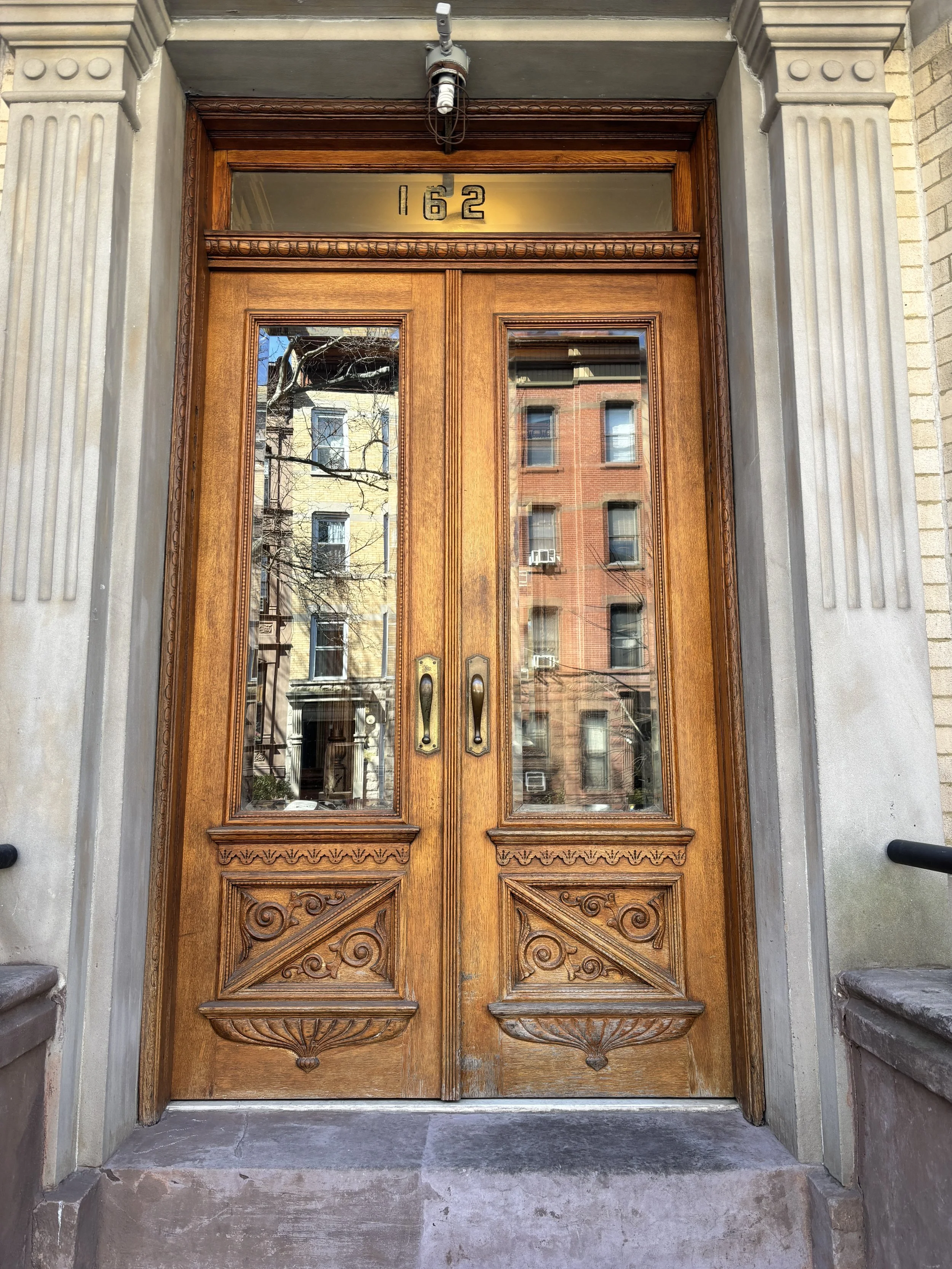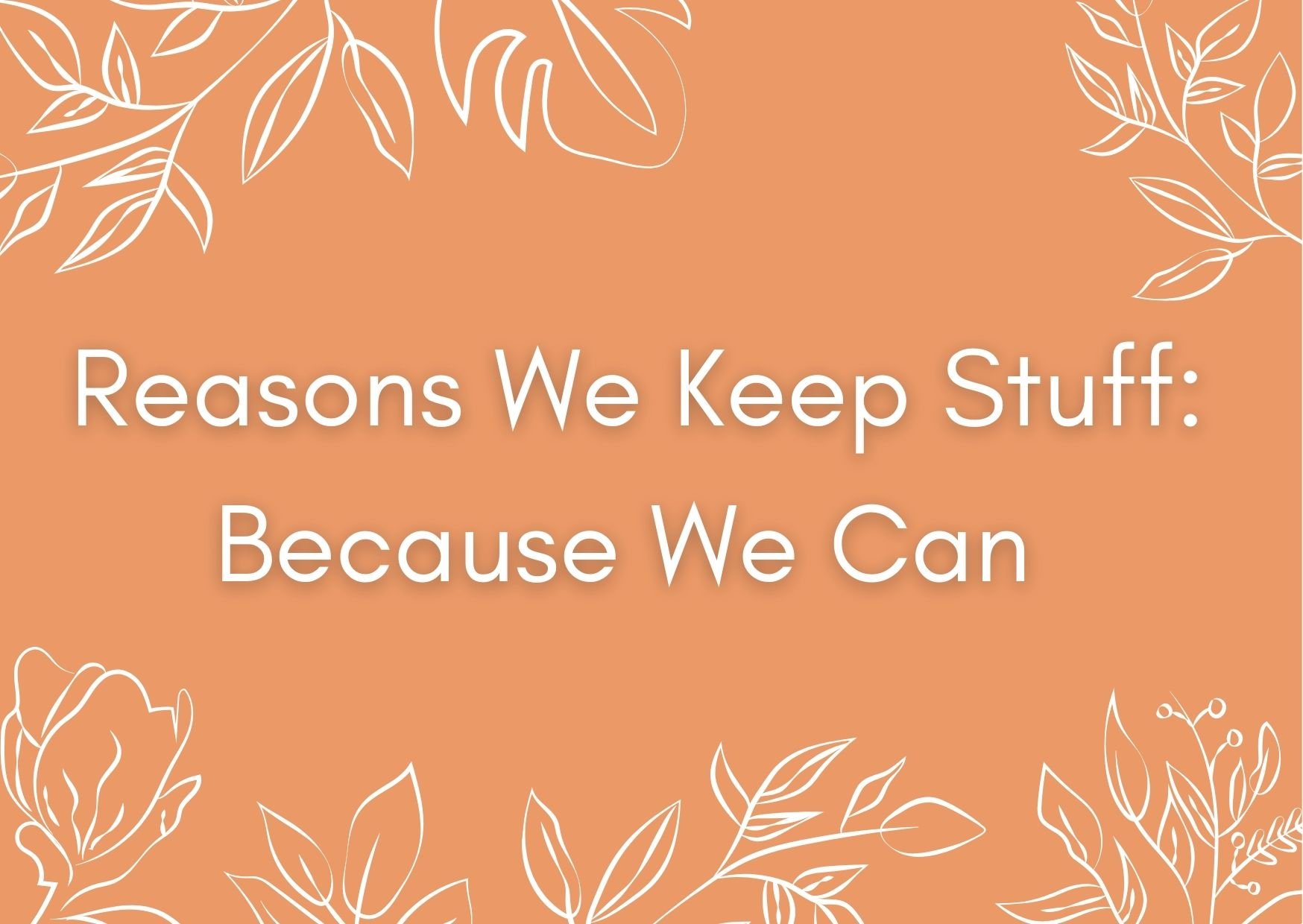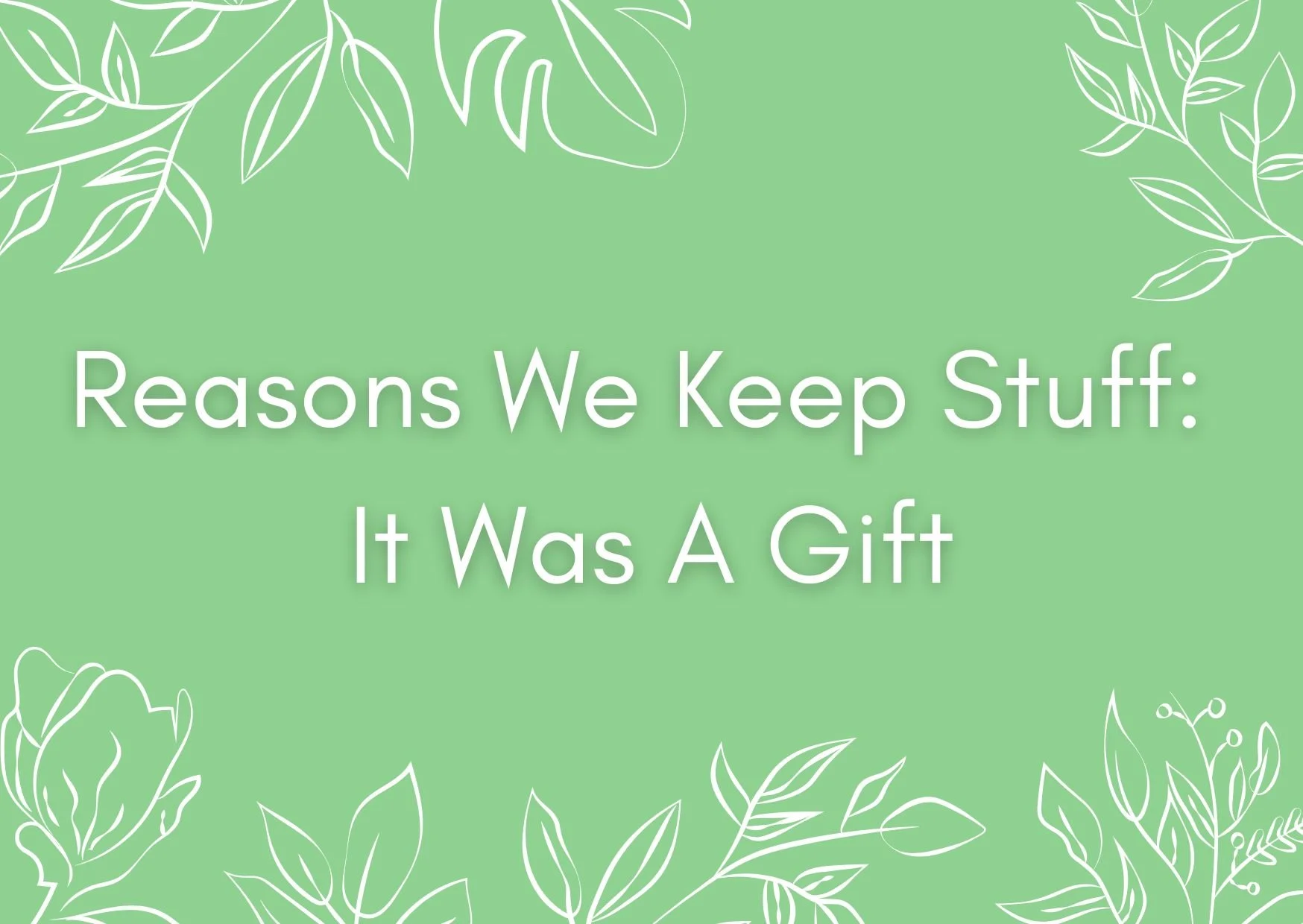Less Stuff, More Joy
Less Stuff, More Joy
〰️
Less Stuff, More Joy 〰️
Why furniture is so hard to sell
Our clients often cannot understand why nobody wants to buy their heavy, dark wood furniture. And who can blame them, really? They see IKEA furniture and know this furniture is poorly made, that the materials are manufactured, and that it will not last. Their heavy furniture, by contrast, is made to last forever, and the proof is there to see. They still have it.
Top reasons we keep stuff: things seem useful
But the problem is that we sometimes keep things because they seem useful, even if they really are not. It’s possible something was once quite useful but no longer is. And then there are items that always seems to have the potential to be useful but the need for them never seems to come about.
Top reasons we keep stuff: because we can
In this post I am exploring this idea that we keep things because we can. Before clients hire us, we meet them in person to discuss their needs and see their homes. I can’t tell you how often we hear, during these visits, the following words: “I just don’t understand how we accumulated this much stuff!” At this point the client will often throw up their arms in confusion. They just don’t get it – how there is suddenly so much to deal with? It didn’t seem like that much at the time.
The 30-day Paper Moon Moves’ decluttering challenge
Are you trying to declutter and get organized? The best way to fail at this is to try to tackle too much all at once. If you say to me: “I’m spending all day Saturday getting rid of stuff” then there’s one thing I know for certain: on Saturday you will not get rid of anything at all.
Top reasons we keep stuff: things represent us
This is another article in a series exploring the top reasons we keep stuff, according to David Ekerdt, professor of sociology and gerontology at the University of Kansas. Dr. Ekerdt has spent his career interviewing and studying people, digging into their attachment to their belongings and trying to understand why we love our things so much. He developed this list of the top reasons we keep things:
Top reasons we keep stuff: Legacy
This is another post in a series exploring the top reasons we keep stuff, according to David Ekerdt, professor of sociology and gerontology at the University of Kansas. Dr. Ekerdt has spent his career interviewing and studying people, digging into their attachment to their belongings and trying to understand why we hang onto our things so much. He developed this list of the top reasons we keep things:


















